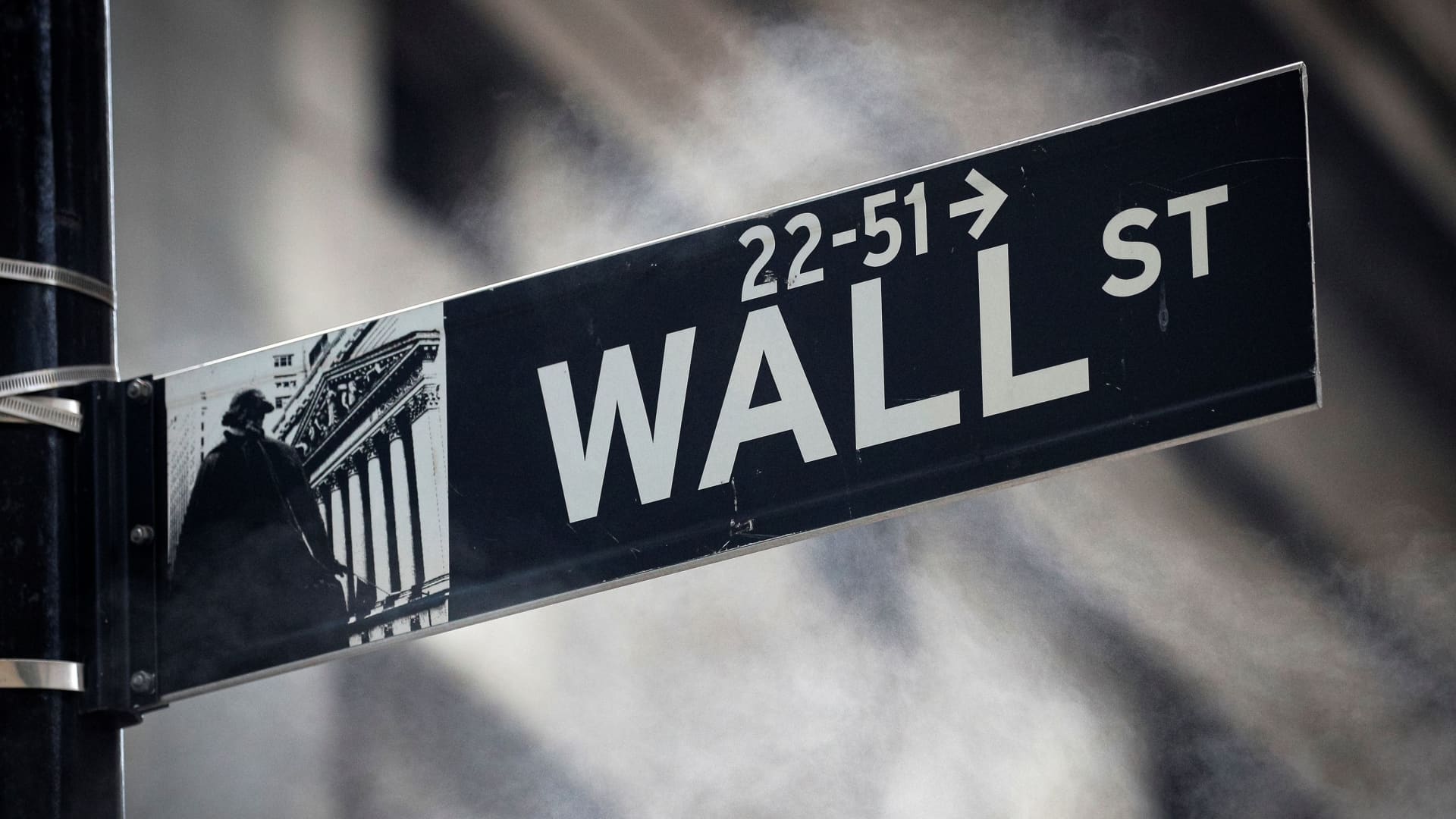Judge holds real estate giant Cushman & Wakefield in contempt in NY probe of Trump Organization


A New York judge held real estate services giant Cushman & Wakefield in contempt of court for refusing to comply with subpoenas demanding documents sought by the state attorney general for her civil investigation of former President Donald Trump‘s company.
Cushman will have to pay a $10,000-a-day fine, starting Wednesday, until it complies with the subpoenas related to the firm’s work for the Trump Organization, Manhattan Supreme Court Judge Arthur Engoron said in the contempt order issued Tuesday night.
Engoron in that order wrote that Chicago-based Cushman engaged in “willful non-compliance with Court-ordered deadlines” for turning over the documents.
The ruling came less than a week after Engoron lifted a contempt order against Trump himself.
Both contempt findings were imposed for failure to fully comply with subpoenas issued by the office of Attorney General Letitia James.
James is investigating allegations that the Trump Organization improperly stated valuations of some of its real estate assets for financial benefits, including better loan and insurance rates, and tax advantages.
The Trump Organization and the former president deny any wrongdoing.
The subpoenas issued to Cushman seek information about the firm’s work for the Trump Organization over the years, which included performing appraisals and providing brokerage services for multiple properties.
James’ office has said Cushman has “refused to comply with subpoenas for information related to its appraisals of three Trump-owned properties,” as well as “information about Cushman’s larger business relationship with the Trump Organization.”
A spokesperson for Cushman told NBC News that Engoron in his contempt finding “demonstrates a failure to understand the extreme lengths Cushman has gone to comply with the court’s order.”
“We have gone to great expense and effort to quickly identify, collect, review and produce the massive set of documents requested by the OAG, and we have now produced over hundreds of thousands of pages of documents and over 650 appraisals since the last subpoena was issued in February 2022,” the spokesperson said in a statement.
Cushman “disagrees with any suggestion that the firm has not exercised diligence and good faith in complying with the court’s order, and we will be appealing this decision,” the statement said.
Engoron’s contempt order noted that in April he ordered Cushman to comply with the subpoenas within one month. The firm then appealed, which delayed the deadline for compliance until late June.
Two days after that deadline passed, Cushman asked the judge to grant either a protective order or a time extension.
James’ office urged Engoron to reject that request for more time. Cushman replied that it is doing all it can to comply with the subpoenas.
On Tuesday, the judge sided with the attorney general’s office, saying he was “incredulous” as to why Cushman would wait until after its court-ordered deadline to ask for more time.
The firm’s lack of timeliness “is fatal to its motion” because it “fails to identify any good cause for filing its motion after its time to comply had already lapsed,” Engoron wrote.
But even if it had asked for an extension before the deadline, the judge wrote, Cushman’s motion “still fails on the merits” since it had already been unsuccessful in a previous attempt to quash the subpoenas.
Engoron acknowledged that the subpoenas require Cushman “to produce an enormous number of documents.”
But the law “allows for subpoenas of this breadth,” the judge wrote.
Cushman “has only itself to blame if it chose to treat the looming deadlines cavalierly,” Engoron added.
This post has been syndicated from a third-party source. View the original article here.




